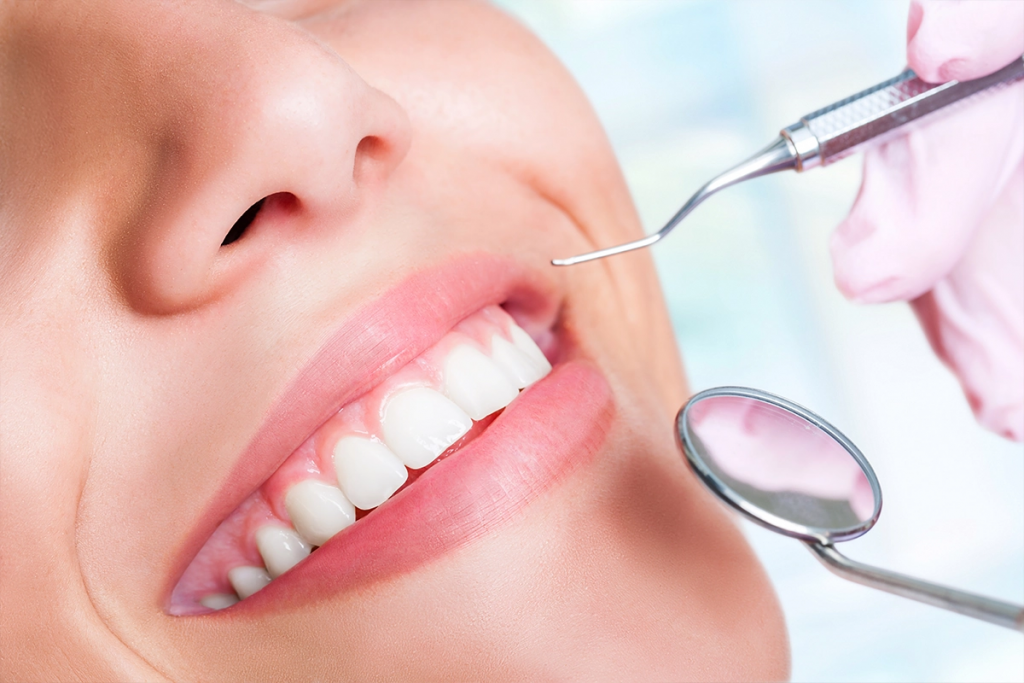GUM TREATMENT
Gum disease treatments are procedures performed to regulate and restore the soft tissues around teeth and implants. It is important to protect gum health in order to perform both general health and other planned dental treatments correctly.
Healthy gum appearance is tight, matte and it is pale pink in color. Deterioration of healthy appearance; pain, swelling, bleeding, receding of gums (gingival recession); loosening displacement of teeth or having a bad breath (halitosis); The occurrence of one or more of the symptoms are indicators of gum diseases. The main cause of gum diseases are the plaques accumulated due to inadequate or improper oral care. Bacterias in the plaque can cause inflammation in the gum and cause destruction of the surrounding bone. Gum disease development may accelerate due to smoking, hereditary characteristics or systemic diseases such as diabetes.

What applications can be made fort he treatment?
For all treatments to be effective, it is very important to provide regular oral care with tooth brushing and flossing.
1) Dental Cleaning and Subgingival Curettage (Professional Deep Cleaning):
Tartar and plaques on the visible surface are cleaned with ultrasonic devices and special cleaning tools. Cleaning to be performed on the roots of the teeth under the gum (root surfaces and gum pockets) can be performed with appropriate cleaning tools, usually without incision, and if necessary, under local anesthesia.
2) Gingivoplasty / Gingivectomy:
Gingivectomy is a dental procedure for cutting away some part of the gums in mouth (gingiva) usually by laser technology under local anesthesia. Gum aesthetics (pink aesthetics) applications, the treatment of gum recession or growth are performed with these procedures. Generally, it can be done in a single session and without stitches, and the healing process will be completed in 10-14 days.
3) Frenectomy:
It is the application of the gingivectomy procedure to the frenulum. Soft tissue areas that connect the tissues in the mouth to each other, frenulums, when larger than normal, can cause problems in speech or cause gum recessions.



